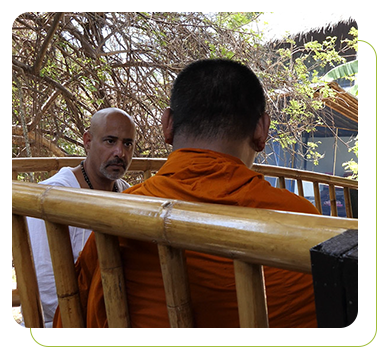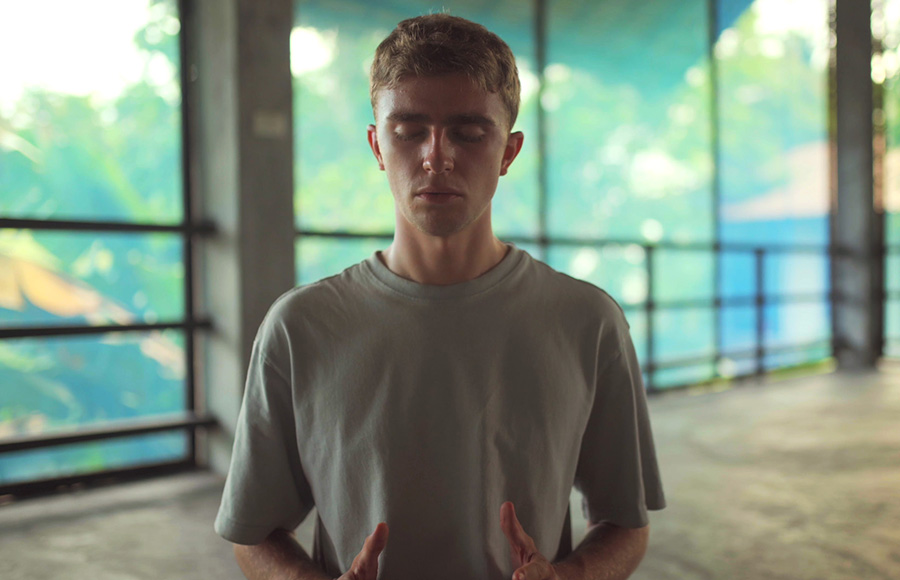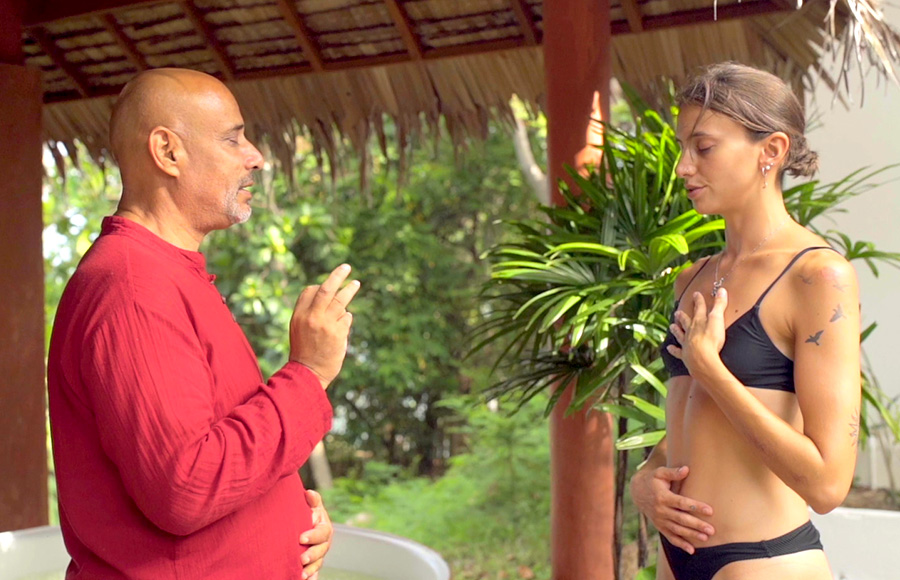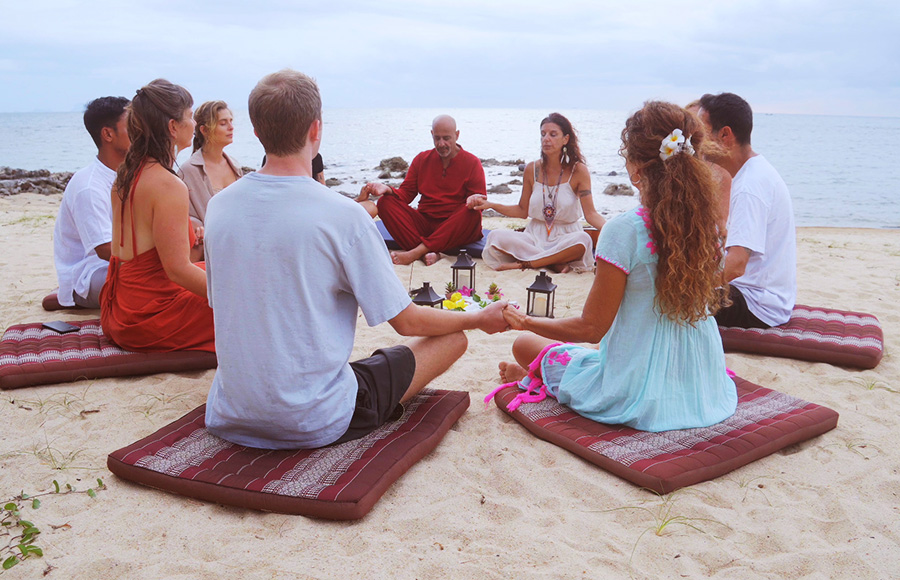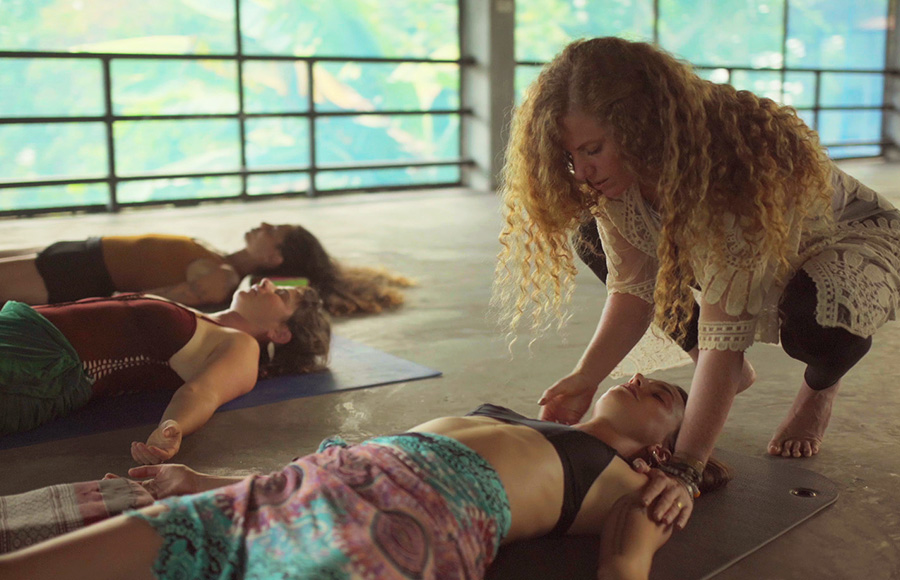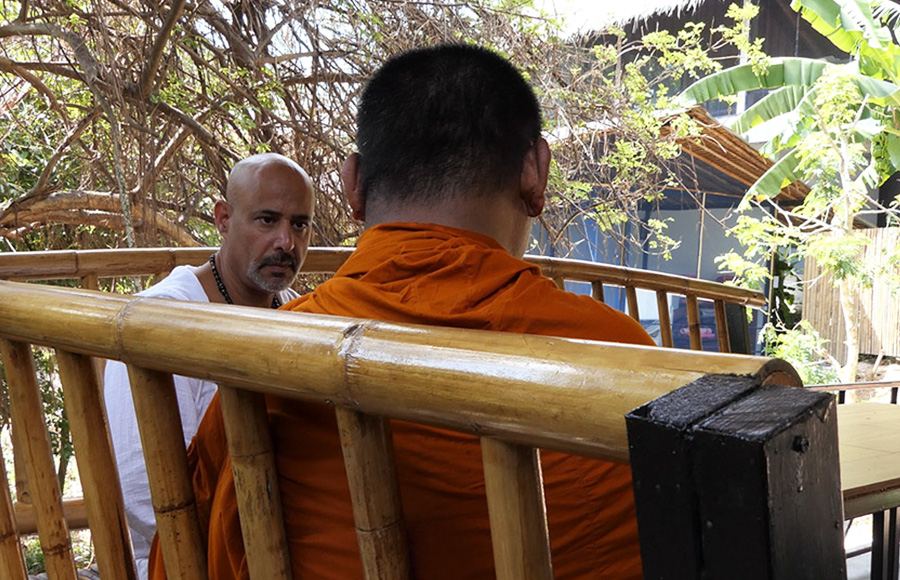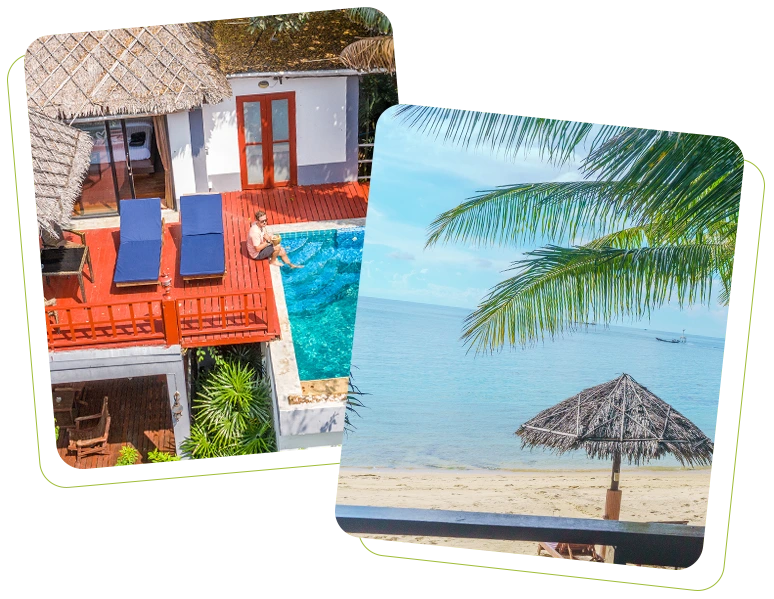Healing Beyond Detox: How Emotional Recovery Begins
05 min read

Detox Is the First Step, Not the Destination
Detox is where recovery starts — but it’s not where healing ends.
Clearing the body of substances is essential, yet emotional recovery is what creates lasting change. Without addressing the underlying pain, trauma, and disconnection that fuel addiction, sobriety can feel fragile or incomplete.
At Holina Rehab Thailand, detox is the gateway to transformation, not the goal itself.
Once the body stabilizes, we guide clients into the deeper work of emotional healing — where self-awareness, safety, and authentic connection begin to grow.
Understanding the Emotional Roots of Addiction
Addiction rarely exists in isolation. It’s often the visible symptom of unseen wounds — grief, loneliness, anxiety, trauma, or self-doubt.
Many people use substances to escape emotional pain, to fill a void, or to silence inner chaos. But the emotions remain, waiting patiently for attention.
At Holina, we treat addiction as a form of emotional communication — the body and mind’s way of saying, something needs to be healed.
Through therapy, mindfulness, and connection, clients learn to listen to those messages with compassion instead of fear.

From Cleansing to Connection
After detox, the body begins to rest, but the emotions start to awaken.
This is when many clients discover what recovery truly means — not just living without substances, but living with presence, honesty, and hope.
Our emotional recovery process is built around:
Individual therapy — exploring emotions, patterns, and personal history
Group support — finding validation through shared experiences
Somatic and trauma therapies — releasing emotions held in the body
Mindfulness and reflection — building awareness without judgment
Creative expression — using art, journaling, and movement to communicate what words can’t
Each of these steps helps rebuild emotional resilience — the ability to feel deeply without being overwhelmed.
Why Emotional Healing Takes Time
Emotional recovery is not linear. Some days bring clarity; others bring challenge. This is a normal and essential part of the process.
As emotions resurface after years of suppression, it’s common to feel uncertain or vulnerable. At Holina, we create a safe and supportive environment where clients can process these feelings with guidance and understanding.
Our therapists help clients navigate guilt, grief, and fear with gentleness, always focusing on self-compassion.
True healing happens when emotions are no longer resisted, but met with curiosity and care.

The Role of Connection in Emotional Recovery
Addiction isolates; healing reconnects.
One of the most profound aspects of emotional recovery is rediscovering the power of connection — to others, to self, and to life.
At Holina Rehab, community plays a central role. Through group therapy, shared reflection, and daily check-ins, clients experience belonging again.
In this safe space, vulnerability is met with empathy instead of judgment. Over time, connection replaces avoidance — and love replaces fear.
The Body-Mind Bridge
Emotional recovery doesn’t happen only in the mind; it lives in the body too.
That’s why we integrate somatic therapies, yoga, breathwork, and mindfulness into every stage of treatment. These practices help regulate the nervous system, making it easier to stay grounded while processing difficult emotions.
When body and mind heal together, the result is deeper balance — and a genuine sense of peace that lasts.
A Journey of Rediscovery
Many clients describe this stage of healing as a homecoming.
After years of numbing and surviving, they begin to feel again — joy, sadness, gratitude, and hope.
They rediscover laughter, connection, and meaning in ways they thought were lost.
As one Holina graduate put it:
“Detox cleared my body. Emotional healing gave me back my life.”
FAQs About Emotional Recovery After Detox
Q1: How long does emotional recovery take?
There’s no fixed timeline. Emotional healing unfolds differently for everyone, but most clients experience deep progress within the first 4–12 weeks.
Q2: What emotions are common after detox?
Clients often experience sadness, anxiety, or irritability as the body and brain rebalance. These are natural signs of healing.
Q3: Is emotional work part of every Holina program?
Yes. Every treatment plan includes therapy, mindfulness, and community work designed to address emotional well-being.
Q4: What if I’ve never processed my emotions before?
That’s completely okay. Our team will guide you step by step in a safe, compassionate way.
Q5: Can emotional healing prevent relapse?
Absolutely. Learning to manage emotions in healthy ways reduces the need to escape or self-medicate — strengthening long-term recovery.
Conclusion: Healing the Heart, Not Just the Habit
Detox frees the body. Emotional healing frees the soul.
At Holina Rehab Thailand, we believe that true recovery begins when clients learn to feel again — safely, deeply, and without shame.
When the heart heals, the whole person transforms.
This is the essence of lasting recovery.
Begin your healing journey with Holina today.
Get back to yourself — body, mind, and spirit.
About Me
Ian Young
Ian Young is the Global Manager at Holina Care Centres in Koh Phangan, Thailand. Ian oversees the rehabilitation programs that blend the 12 Step model, Psychology, Counselling, Coaching, Somatic and many other therapeutic engagements, alongside various evidence-based therapies with holistic healing practices. Holina Rehab treats addictions, trauma, anxiety, depression, and other emotional challenges, offering comprehensive care in a serene resort environment. Ian, a charismatic speaker and author of “It’s Not About Me” leveraging his own recovery journey from addiction to inspire and guide others toward a fulfilling, addiction-free life.
Recent Blogs
-
29 Jan, 2026
The Ultimate Guide to 12-Step Rehab in Thailand

















